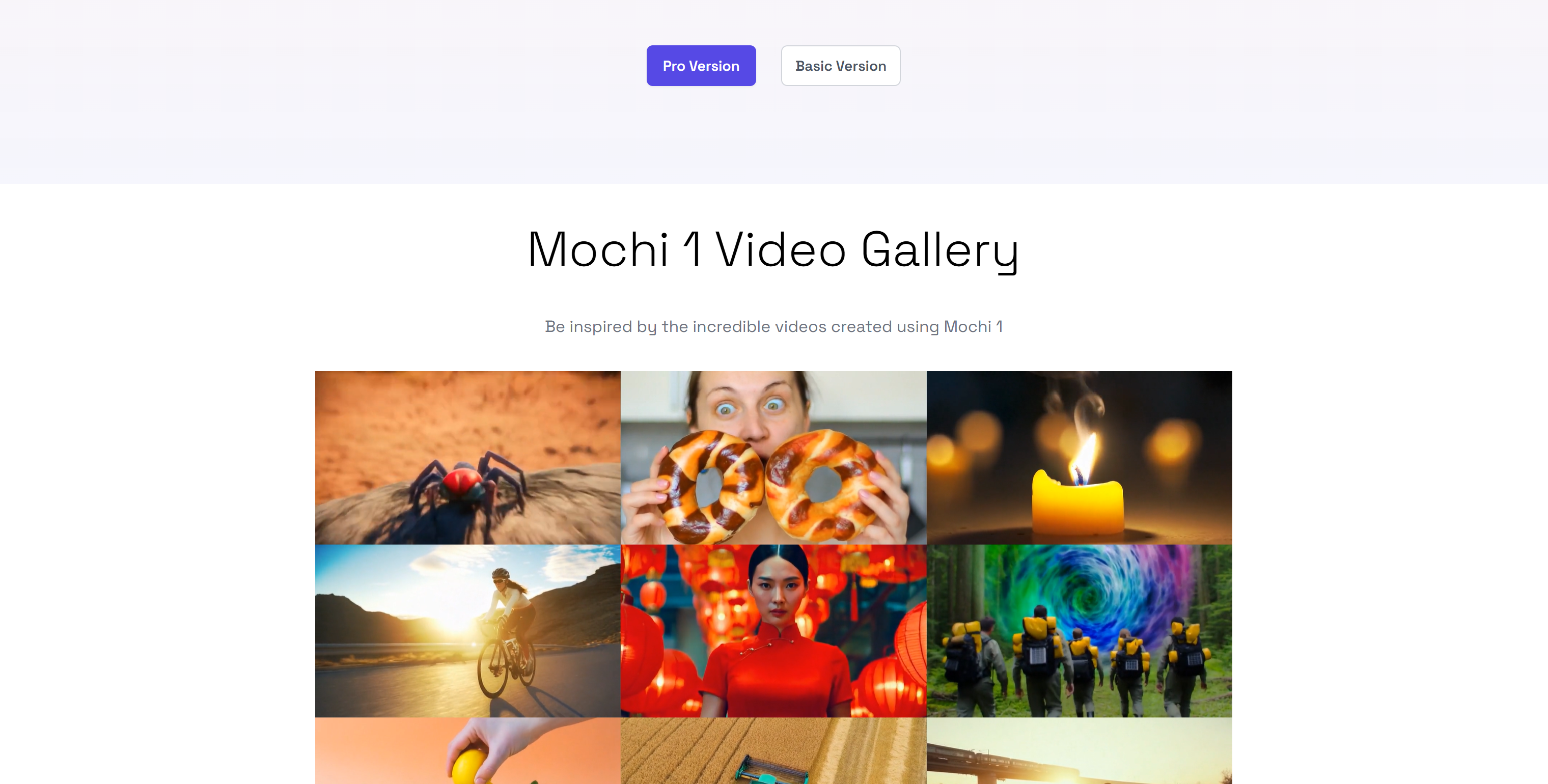
Mochi by Genmo: Open-Source AI Video Generation with Creativ
VerifiedMochi is an open-source AI video creation tool developed by Genmo, offering users the ability to generate short, animated videos from text descriptions, scripts, and even still images. Built for …

Categories & Tags
About Mochi by Genmo: Open-Source AI Video Generation with Creativ
Mochi by Genmo: Open-Source AI Video Generation with Creative Control and Script-Based Editing
OverviewMochi is an open-source AI video creation tool developed by Genmo, offering users the ability to generate short, animated videos from text descriptions, scripts, and even still images. Built for transparency and creative flexibility, Mochi empowers indie creators, educators, developers, and AI enthusiasts to explore video generation in a more customizable and code-friendly environment. It’s an ideal choice for those who want control over their creative pipeline or want to experiment with prompt-based storytelling beyond the limits of black-box tools.
What Sets Mochi ApartUnlike commercial AI tools with closed ecosystems, Mochi runs as an open-source model — allowing developers to fork, modify, or self-host the tool for personal or research use. The platform also includes a built-in editor where users can define scenes, camera motion, and dialogue over time. Mochi supports both text-to-video and image-to-video pipelines, with natural motion rendering and flexible prompt chaining, making it highly suitable for tech-savvy creatives or teams looking to customize output at a granular level.
Key Features
Text-to-Video Generator: Turn narrative descriptions into short motion clips with character and background generation
Image Input Support: Animate AI-generated or hand-drawn images with custom motion paths
Script-Based Scene Control: Use YAML/JSON-like structure to plan sequences, transitions, and character interactions
Custom Rendering Engine: Control camera angles, motion speed, dialogue, and object appearance with creative precision
Open Model Access: Modify model weights or connect with Hugging Face or local GPU environments
Use Cases Across Platforms
Educational Content: Create animated explainers or visual storytelling for classroom and online courses
Social Media Creators: Generate micro-narratives or stylized reels for TikTok, Reels, YouTube Shorts, and X (Twitter)
AI Researchers & Developers: Test motion models, experiment with prompt design, or integrate with other generative pipelines
Digital Artists & Writers: Visualize short stories, comic ideas, or branded animation sequences
Indie Studios: Use Mochi to storyboard or previsualize low-cost animation pilots
Pros
Fully open-source and customizable
Built-in script editor offers high control over motion and narrative
Supports a wide range of creative applications from education to entertainment
No platform lock-in — can be integrated into personal or enterprise pipelines
Free to use (self-hosted), with growing community support
Cons
Requires technical skills to set up or extend (not plug-and-play for casual users)
Visual quality may not match commercial tools like Runway or Veo
Best for short videos or test scenes (not full-scale productions)
Platform & Tech Requirements
Access: Available on GitHub at github.com/genmo-ai/mochi
Hosting: Self-host or deploy via Hugging Face or Colab
Tech Stack: Python-based, requires GPU for faster rendering
Output Formats: MP4, WebM, GIF (resolution adjustable by config)
How to Use Mochi
Clone or fork the Mochi repository from GitHub
Install dependencies and configure runtime (locally or in Colab)
Define your scenes in the provided script editor
Add prompts, voice instructions, or character dialogue
Render your animation and export for use in TikTok, Instagram, YouTube, or your app
💡 Need a walkthrough? Check out this helpful YouTube tutorial on how to use Mochi.
Frequently Asked QuestionsQ: Can Mochi be used to generate videos for social platforms like TikTok or Reels?
A: Yes — while it’s more technical, Mochi’s output can be tailored for vertical or square formats and uploaded just like content from commercial tools.
Q: How is Mochi different from commercial tools like Pika Labs or HeyGen?
A: Mochi gives full creative and technical control, while commercial tools are more user-friendly but limited in flexibility.
Q: Can I use Mochi to animate MidJourney images or AI art?
A: Absolutely. Upload the image, define motion paths, and render animations using Mochi’s visual scripting format.
Q: Is Mochi free to use?
A: Yes. It’s open-source and free for personal or research use. You only need hosting resources like Google Colab or a local GPU.
Why Creators Should Explore MochiMochi offers a rare blend of creative control, transparency, and community-led development in the AI video space. Whether you’re a developer, educator, or experimental creator, it gives you the freedom to build videos exactly how you imagine — and even collaborate with others to improve it. It’s a powerful alternative to locked-down tools, especially if you care about script logic, open standards, and future-proof storytelling.
Tips to Get the Best Results with Mochi
Use visual scene descriptions along with motion directions (e.g., “camera pans left over misty lake as figure enters from right”)
Stick to short clips (5–20 seconds) for smoother rendering and social performance
Combine Mochi outputs with editing tools like CapCut or Premiere for audio and text overlays
Share your scripts or forked versions on GitHub to contribute to the growing open-source ecosystem
Repurpose storytelling tweets, short blog posts, or slide decks into animated videos using scene templates
Powered by Froala Editor
Key Features
Feature One
Description of key feature one for Mochi by Genmo: Open-Source AI Video Generation with Creativ.
Feature Two
Description of key feature two for Mochi by Genmo: Open-Source AI Video Generation with Creativ.
Use Cases
For Marketers: Speed up content creation for ads, social media, and blogs.
For Developers: Integrate AI capabilities into your applications.
For Students: Assist with research, writing, and learning new concepts.
Pros & Cons
Pros
- Pro point 1 for Mochi by Genmo: Open-Source AI Video Generation with Creativ.
- Pro point 2.
Cons
- Con point 1 for Mochi by Genmo: Open-Source AI Video Generation with Creativ.
- Con point 2.
Mochi by Genmo: Open-Source AI Video Generation with Creativ
AI Video Tools Automation
Pricing Plans
Free
Basic features included
You Might Also Like
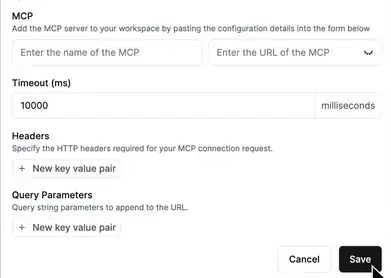
App For cHECKING
AI Education Tools
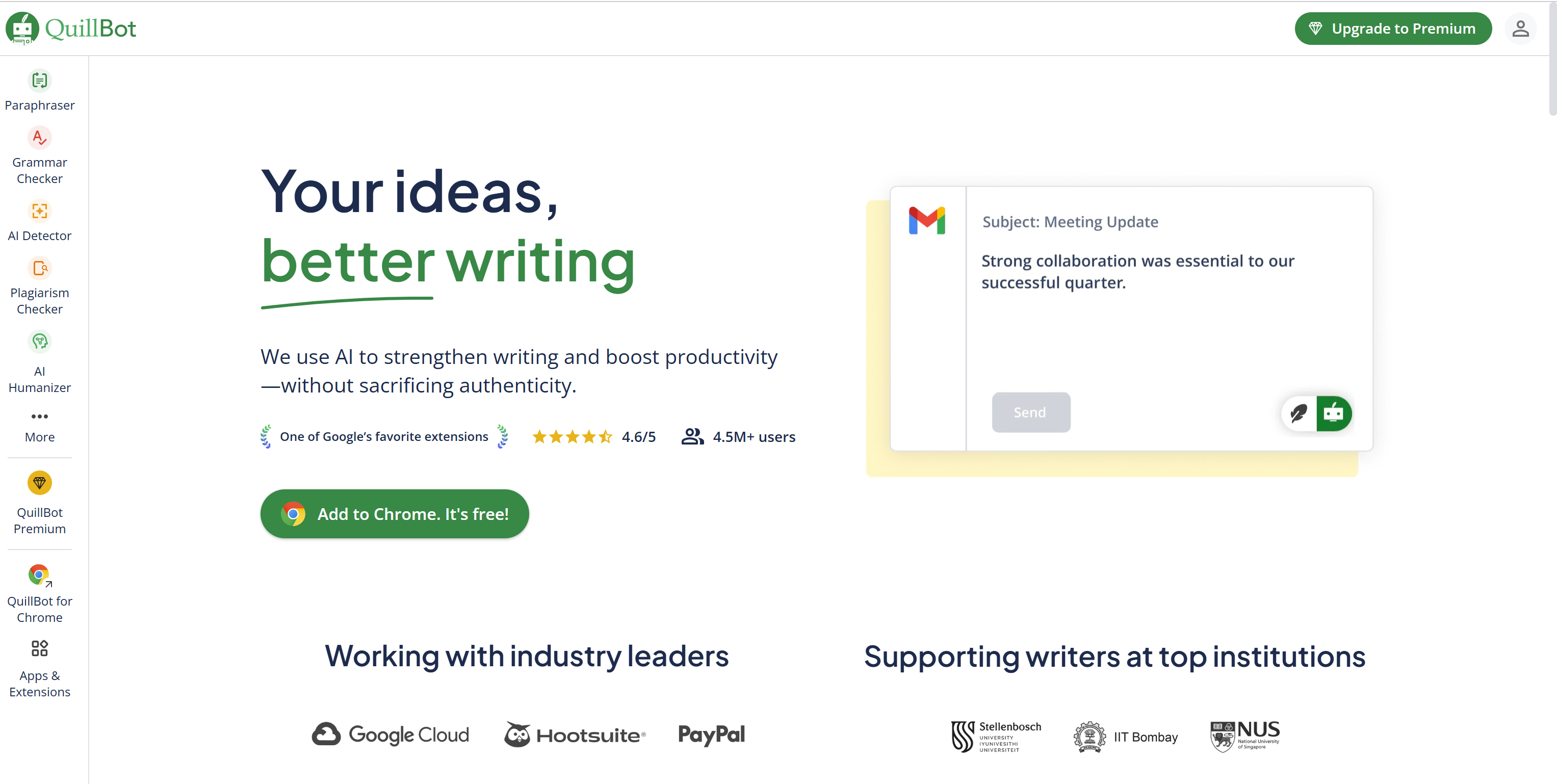
QuillBot Suite Review – Paraphraser, Co‑Writer & AI Translat
AI Copywriting Tools

Notion AI Review – Your All‑in‑One Workspace Writer & Idea
AI Copywriting Tools
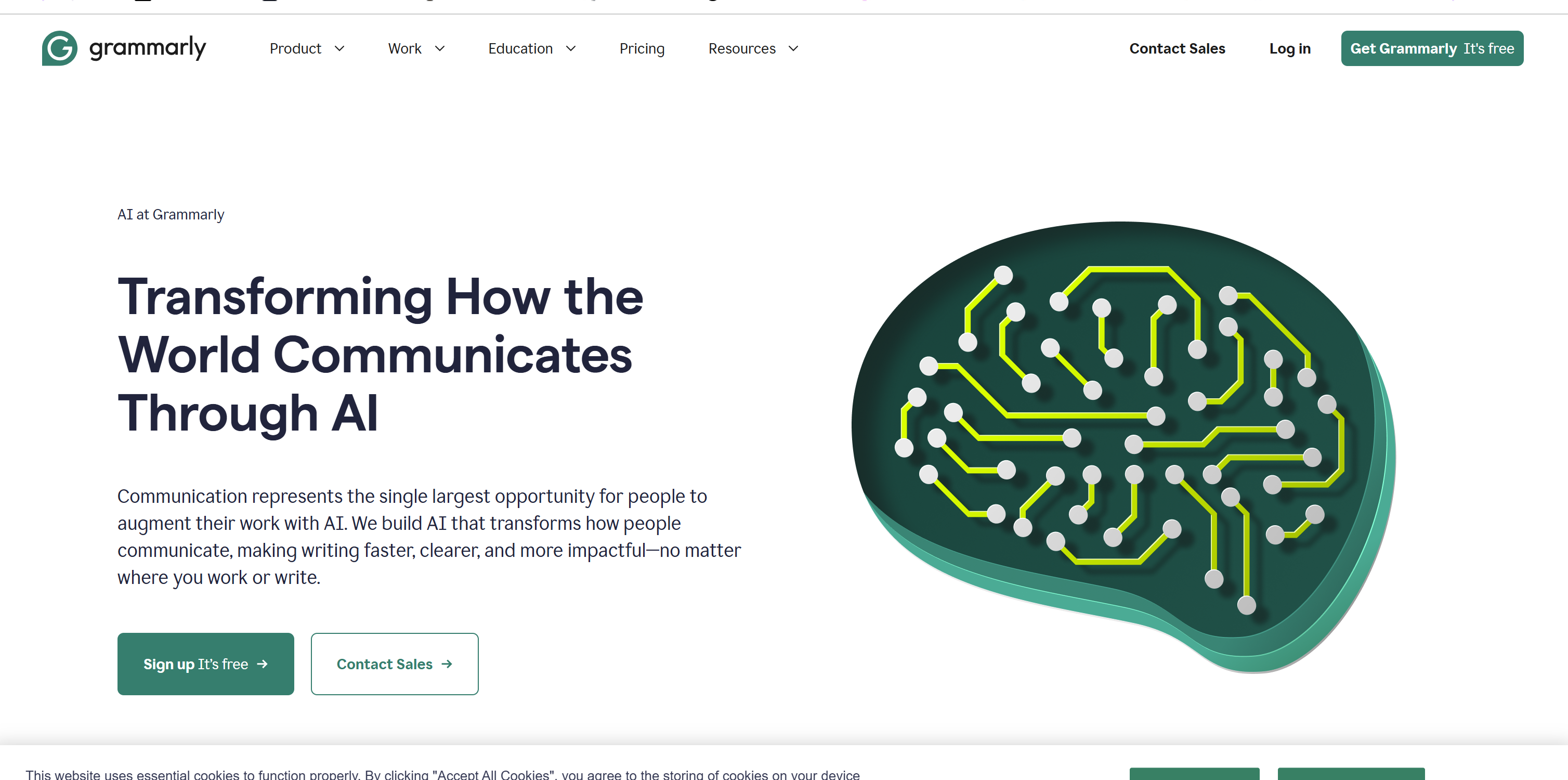
GrammarlyGO Review – AI Writing Assistant With Context‑Aware
AI Copywriting Tools
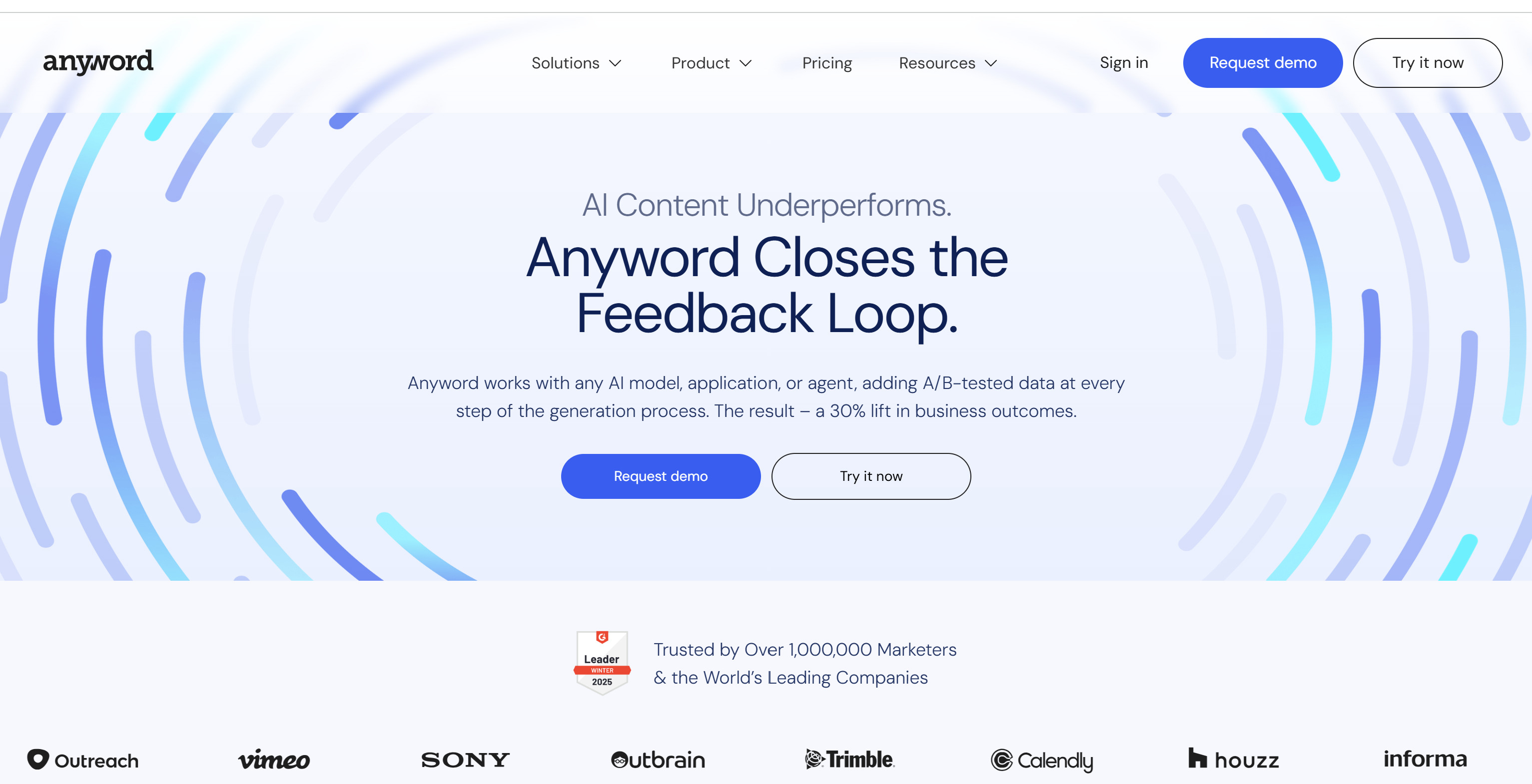
Anyword Review – Data‑Driven AI Editor & Predictive Copy Sco
AI Copywriting Tools